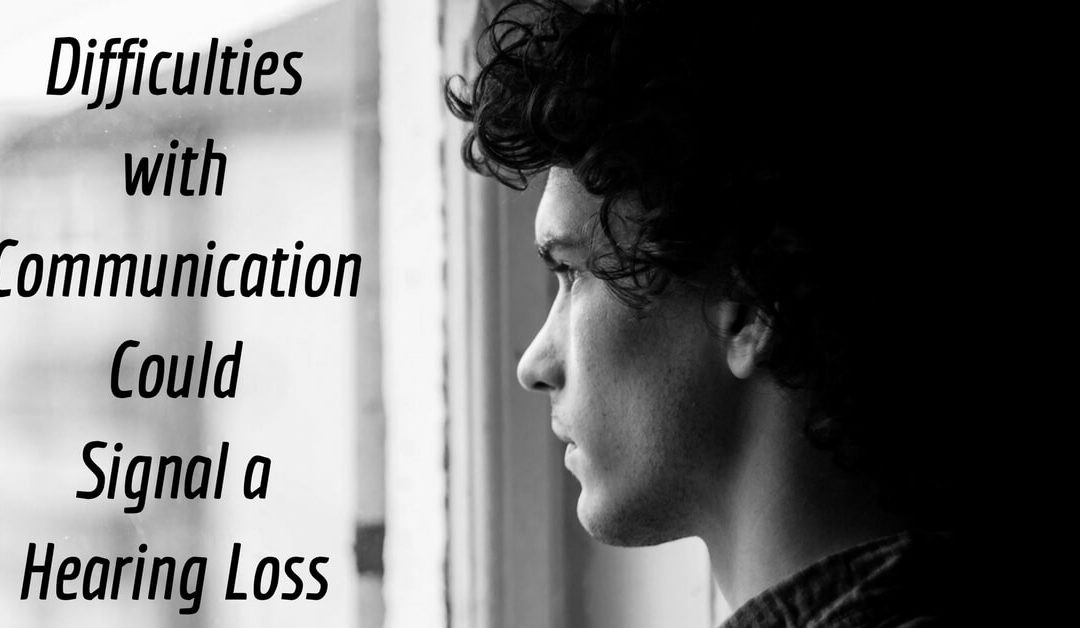Are you having difficulties with communication? Do you find yourself lagging behind in conversations, or missing the meaning of what’s being said? Struggling to hear, especially at crowded restaurants or places with a lot of background noise, could signal hearing loss, even if you passed your last hearing test with flying colors.
Hidden Hearing Loss
First described six years ago, hidden hearing loss has become a hot topic, as researchers learn more about this hearing loss that starts in your brain, not in your ears. Hidden hearing loss is hard to diagnose because hidden hearing loss isn’t a problem all the time. In the quiet of your living room, or the audiologist’s office, you be able to hear everything clearly, regardless of the pitch or volume. That’s why it’s so shocking that when you meet your friends for a drink, you suddenly can’t seem to hear at all!
What Causes Hidden Hearing Loss
There are a few factors that lead to hidden hearing loss, but they all start in your brain. Dr. Gabriel Corfas from the University of Michigan, along with Guoqiang Wan from Nanjing University in China recently published research exploring one of the causes of hidden hearing loss.
They found that hidden hearing loss can be caused by problems with the Schwann cells in your brain, the cells that produce myelin to insulate the neural pathway between your ears and the regions of the brain that process sound. This insulating layer helps the sound signals travel quickly through the brain and speeds up processing. When there’s enough myelin on the neural pathway, all the sounds you hear are sent quickly to the brain, where the sounds are sorted into sounds you want to pay attention to or sounds you don’t need to focus on. When there’s not enough insulation though, signals travel slowly, and your brain can’t keep up with the sounds coming at you from every side. You’ll soon be completely lost, have difficulties with communication, and show all the signs of hearing loss. This is why hidden hearing loss doesn’t show up when you’re in quiet places. When there are only a few sounds around you, all the sounds can travel quickly to the brain, and you can hear perfectly.
Noise Exposure Can Damage Schwann Cells
Schwann cells are often damaged as a result of exposure to loud noise, and children and teens are some of the most at risk for hidden hearing loss. They’re not taking hearing tests regularly, and since they can hear everything when the listening environment is quiet, their hearing loss stays undetected. Corfas is worried about this trend, as “exposure to noise is increasing in our society, and children are exposing themselves to high levels of noise very early in life. It’s clear that being exposed to high levels of sound might contribute to increases in hidden hearing loss.” Even when the Schwann cells heal, hidden hearing loss is often permanent, and you’ll be struggling to hear anytime you have to process a lot of sounds.
Detecting Hidden Hearing Loss
Hidden hearing loss can be hard to recognize, since it only shows up when you’re in places with a lot of background noise. Unlike damage to the ears, where you can never hear certain sounds, and don’t ever hear high frequency sounds like the voices of kids or the birds outside, those with hidden hearing loss can hear every sound, but not all the time. So how can we test for hidden hearing loss?
Standard hearing tests often won’t discover hidden hearing loss, so that’s why we perform comprehensive hearing tests that measure your ability to hear volume and pitch, both in quiet and in background noise. Testing for binaural, or across-ear hearing, can also reveal hidden hearing loss. If you can’t easily identify where sounds are coming from, you’re having difficulty with binaural processing, and this may mean you have hidden hearing loss.
While there’s no cure for hidden hearing loss, treatment with hearing aids will ensure that you’ll always be able to hear what’s happening around you. For your best treatment options, contact your local hearing professional, whether audiologist or hearing instrument specialist, for more information.

